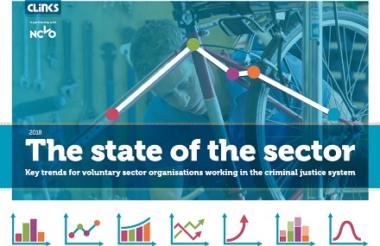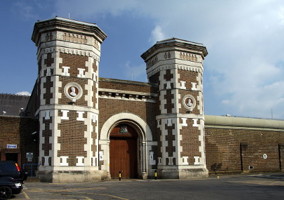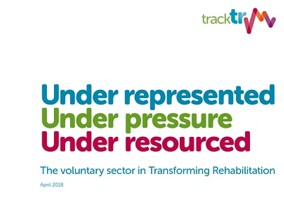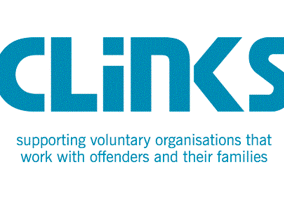Criminal justice charities are being underfunded on contracts to deliver services, according to a new report.
Umbrella organisation Clinks found that just a fifth of specialist criminal justice charities always achieve full cost recovery on the contracts they are delivering.
The majority of organisations, 54 per cent, sometimes achieve full cost recovery while 17 per cent are never fully funded for the services they are contracted to provide.
Of those that are not achieving full cost delivery, some 64 per cent are subsiding the contracts by using funding from other sources, such as grant funding from charitable trusts and foundations, or using their own reserves.
Some 46 per cent have also reduced overhead costs, including cutting staff, whilst 13 per cent have reduced or closed their services.
Anne Fox, chief executive officer at Clinks, said: “The continued rise in the needs and number of service users, and evidence that people’s basic needs are no longer being met, is of huge concern.
“In particular organisations providing a service tailored to meet the specific needs of particular client groups, especially those protected under the Equalities Act, are experiencing unique challenges, and are more likely to report that they’re reducing their services.
“These organisations provide essential support and it is vital they receive the support they need, from statutory partners, government and charitable funders, to thrive.”
More service users
Meanwhile, the majority of organisations Clinks surveyed said that their number of beneficiaries had increased for the financial year 2016/17
The vast majority also said service user need is becoming more complex and urgent as people’s basic needs are no longer being met.
Clinks said the reasons for this included “welfare reforms pushing people into poverty and homelessness, a lack of secure and appropriate housing options, mental health provision in the community becoming more difficult to access, and limited resources for criminal justice organisations”.
Low reserves
The research found criminal justice charities have fewer reserves on average than the wider UK voluntary sector.
On average, specialist criminal justice organisations had 1.3 months of reserves available in 2015/16 whilst non-specialist criminal justice organisations had an average of 2.5 months of reserves for the same financial year.
Meanwhile, UK charities overall had an average of around six months of reserves in 2015/16.
Clinks’ research, undertaken in partnership with NCVO, was based on a survey of 194 organisations in February and March this year and follow-up interviews with 10 charities.
The organisation also analysed the financial information from 1,433 organisations.
|
Related articles












